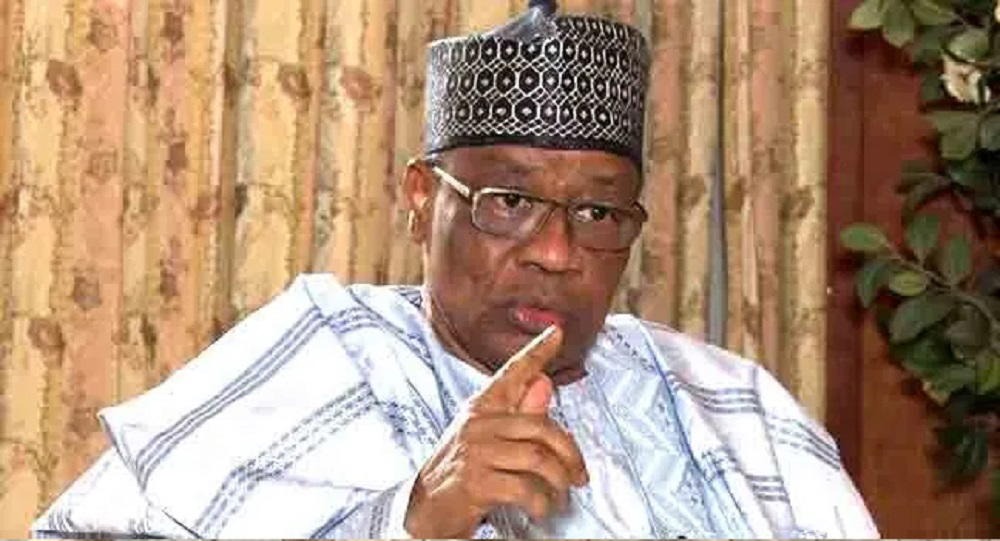“Akinnola Unpacks Major Bashorun’s Resistance to Cover-Up of Dele Giwa’s Murder”
 Richard Akinnola, the Executive Director of the Centre for Free Speech Organization, has publicly criticized former Military President, Gen. Ibrahim Babangida (retd.), regarding his claims surrounding the murder of Dele Giwa, the prominent journalist and founding Editor-in-Chief of Newswatch. Akinnola’s remarks come amid the ongoing debate about Giwa’s tragic death, which remains a subject of controversy.
Richard Akinnola, the Executive Director of the Centre for Free Speech Organization, has publicly criticized former Military President, Gen. Ibrahim Babangida (retd.), regarding his claims surrounding the murder of Dele Giwa, the prominent journalist and founding Editor-in-Chief of Newswatch. Akinnola’s remarks come amid the ongoing debate about Giwa’s tragic death, which remains a subject of controversy.
In his analysis, Akinnola pointed out that Major Debo Bashorun, a former Media Assistant to Babangida, had a complex and contentious relationship with the military government, particularly with Brigadier Haliru Akilu, the security chief. Bashorun, initially close to Babangida, found himself embroiled in a series of clashes with the regime, eventually leading to his estrangement from the government.
Bashorun’s early closeness to Babangida was well-known; he was involved in drafting speeches for the General and even accompanied him during a significant broadcast following the ouster of Buhari. However, his relationship with Babangida soured after the tragic bombing that claimed the life of Dele Giwa. Bashorun, who was tasked with dealing with the aftermath of the murder, refused to cover up the government’s potential involvement in the killing, which led to his labeling as a security risk and his eventual transfer from Dodan Barracks.
Akinnola’s account reveals that Babangida, under the influence of his security chief, Akilu, allowed the divide between Bashorun and the military establishment to deepen. Bashorun’s refusal to participate in the alleged cover-up of Giwa’s murder resulted in his being transferred to the 31 Airborne Brigade in Makurdi in November 1988. Bashorun, sensing the danger of the transfer, believed it was an attempt to remove him permanently.
In response, Bashorun sought advice from the late Alao Aka-Bashorun, then president of the Nigerian Bar Association (NBA), and was urged to resign from the military, which he did on December 23, 1988. Despite his resignation, the army rejected his letter and insisted that he report to Makurdi. Bashorun was declared absent without leave (AWOL), and he took legal action against the army, accusing them of harassment and threatening his life.
As the case unfolded, Bashorun was subjected to increased intimidation, with soldiers surrounding his house. Fearing for his life, he went into hiding. In a dramatic twist, Bashorun appeared in court on one occasion armed with three deadly weapons, including two Israeli Uzzis, ready to defend himself against the soldiers he believed were sent to abduct him.
Bashorun’s defiance reached a peak when he told his lawyer, Aka-Bashorun, that he was prepared to fight back if the soldiers attempted to seize him. “Before they kill me, I will kill some of them,” he warned, knowing the stakes were high. However, despite the tension and the presence of armed soldiers, no confrontation occurred.
Ultimately, Major Bashorun managed to escape to the United States, leaving behind a turbulent chapter in Nigeria’s military history. His story remains an important part of the ongoing debate about the circumstances surrounding Dele Giwa’s murder, and Akinnola’s critique challenges the official narrative put forth by Babangida and his administration.













